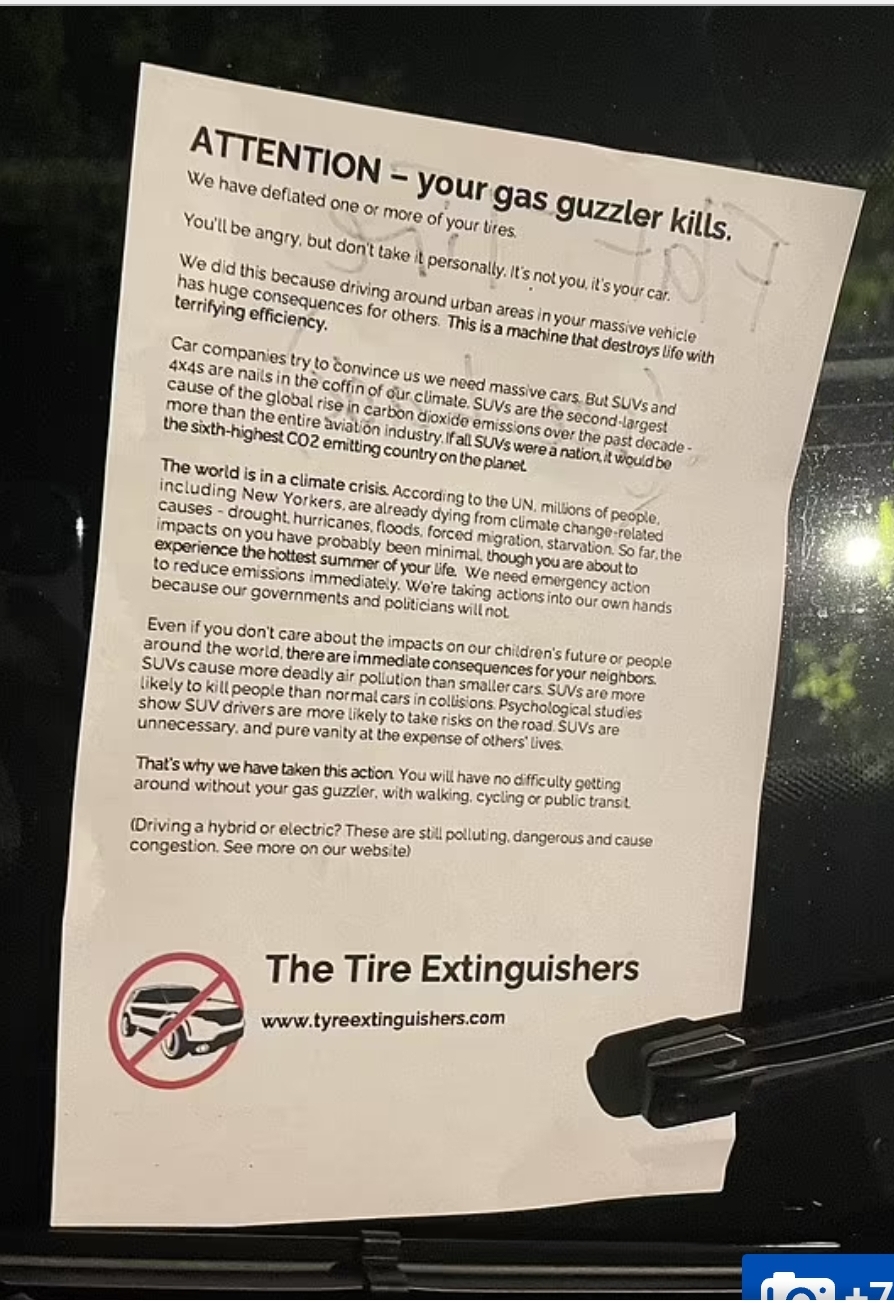The US government is broken into three equal branches. Those are Legislative, the Executive and the Judicial branches.
The task of the Legislative branch is to create laws and budgets.
The task of the Executive branch is to provide a stop on legislative efforts via the veto and to execute the will of the legislative branch.
The task of the Judicial branch is to provide a fair trial before an [unbiased] and competent judge. Federal courts have the power to interpret the law and determine the constitutionality of the law and to apply it to individual cases. Above the federal courts is the Supreme Court of these United States. They have the final word on the constitutionality of the law and the power to apply it to individual cases.
Federal courts enjoy the sole power to interpret the law, determine the constitutionality of the law, and apply it to individual cases. The courts, like Congress, can compel the production of evidence and testimony through the use of a subpoena. The inferior courts are constrained by the decisions of the Supreme Court — once the Supreme Court interprets a law, inferior courts must apply the Supreme Court’s interpretation to the facts of a particular case.
— The Judicial Branch
What the courts do not have is the power to enforce any decision they make. That comes from the executive branch.
Within the lower courts there are local employees that provide security and there is local law enforcement. Law enforcement doesn’t answer to the courts while they might be instructed to follow the directions of the court they answer to a different chain of command.
Thus the deputy that brings in the prisoner does not answer to the judge but instead answers to the Sheriff. The Sheriff has ordered the deputy to transport the prisoner at the request of the judge.
So what happens if somebody decides to ignore the orders of a judge in a lower court?
In the simplest case the Judge tells law enforcement within his court to enforce his orders. “Clear the court.”, “Arrest that person.”, “Remove that person from the court.” Because the law enforcement personal within the court have been ordered to follow the instructions of the Judge by their superior, they follow those orders.
But what happens if a member of law enforcement decides to ignore the orders of the judge. In general the other officers will then enforce the orders of the Judge. The Judge is then likely to give orders in respect to the officer in question.
This is the short of it at the lower levels of the court. There is normally nothing so big that outside politics really get involved.
But at the higher levels, such as the Circuit Court levels, the judgement could also be ignore by the government.
Fortunately there is a safety valve for this, they appeal process. In general, when the government chooses to ignore a decision by the lower court they immediately (for government speeds) appeal. In general this will result in a “stay”. A stay is when a courts decision is put on hold waiting for a higher court to rule on the decision.
This continues upwards until the Supreme Court issues their opinion. At this point the Executive branch is tasked with upholding that opinion.
What if the states ignore the decision?
This is what we are seeing right now in states like MA, NY, NJ, HI and CA. They all read the courts opinion on Bruen and immediately set about ignoring the ruling by trying to limit the meaning or clinging to some small part of the opinion as an excuse.
The court said there are sensitive places, thus we can define sensitive places however we want and ban guns there.
The court said that a person can’t be force to show good cause but that permitting schemes are allowed, thus we can base approval on determining the good moral character of a person.
The court said that tradition counts so if this law has been on the books for a long time (greater than 10 minutes?) that it is tradition.
The court didn’t say anything about a bunch of other things, so we can pass laws such as that encourage lawfair. Such as the law in California where an FFL is charged with making a personal judgement on the character of the purchaser. If the purchaser then uses that firearm the FFL can be sued.
At this point in the past, the executive branch marched into the state with soldiers (Nation Guard) and forced the state to follow the law.
But what if the executive branch ignores the decision?
When this happens we end up where we are now. Lawsuits are filed on an almost daily basis challenging the new laws. The courts are involved again. Some officials agree and enforce the new rules. Others disagree and ignore the new rules. Yeah, that can be read both ways.
This will result in years in court. What we are actually looking for is a series of Supreme Court GVRs (Grant, Vacate, Remand). These can happen very rapidly. These are orders from the court that state “We already decided this, you didn’t follow our decision, fix it”.
If we see these flowing rapidly then this will happen.
In the meantime we continue to do what we have been doing. We flood these states with permit applications. We support those organizations that file these lawsuits.
we hope and pray that this is enough.
Because without the Rule of Law, the people will become judge, jury and executioner.
EDITED: Correct the spelling of Sheriff.
Like this:
Like Loading...

